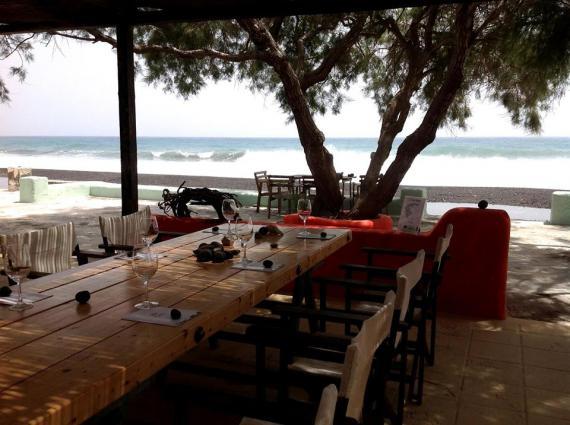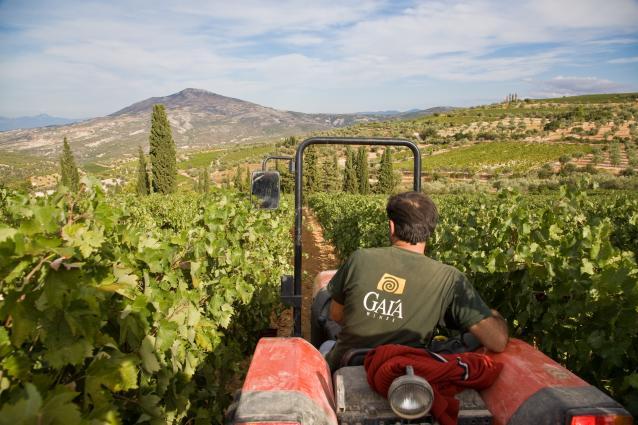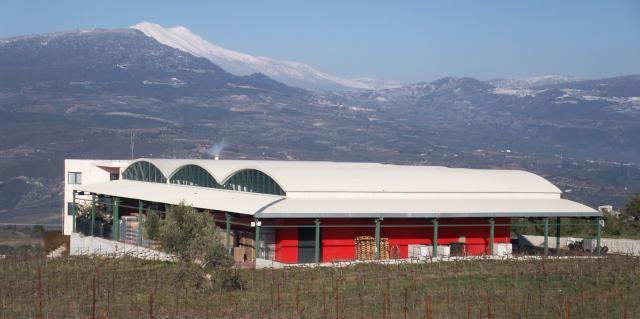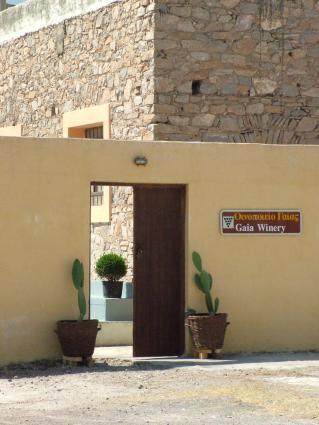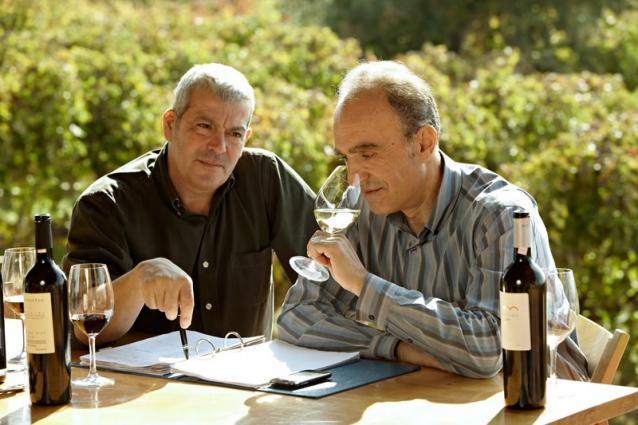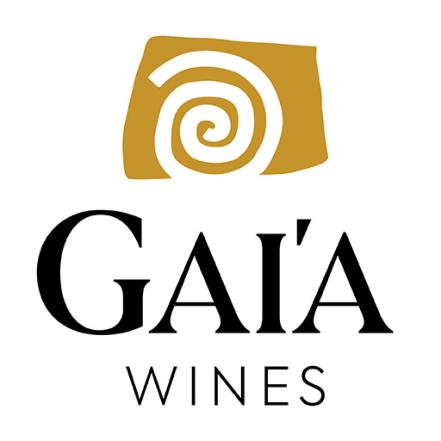GAI'A
Monograph Assyrtiko
GAI'A
Monograph Assyrtiko
One of the pioneers of the modern Greek wine revolution, Gai’a Estate (pronounced Yay-ya) was established in 1994 by Leon Karatsalos and winemaker Yiannis Paraskevopoulos. Their mission was to capture the best that Greece’s indigenous grapes have to offer by merging traditional viticultural and production methods with innovative techniques. The estate is named after “Mother Earth,” in honor of the unique terroir that gives birth to these world-class wines.
Tasting Notes
A youthful, intensely fruity Assyrtiko, with a bouquet of honeysuckle and citrus fruit and a refreshing acidity on the palate.
Food Pairing
A classic pairing for fresh seafood, this wine is also delightful on its own as an appertif or paired with light appetizers.
One of the pioneers of the modern Greek wine revolution, Gai’a Estate (pronounced Yay-ya) was established in 1994 by Leon Karatsalos and winemaker Yiannis Paraskevopoulos. Their mission was to capture the best that Greece’s indigenous grapes have to offer by merging traditional viticultural and production methods with innovative techniques. The estate is named after “Mother Earth,” in honor of the unique terroir that gives birth to these world-class wines.
Tasting Notes
A youthful, intensely fruity Assyrtiko, with a bouquet of honeysuckle and citrus fruit and a refreshing acidity on the palate.
Food Pairing
A classic pairing for fresh seafood, this wine is also delightful on its own as an appertif or paired with light appetizers.
Brand Materials
Vineyard & Production Info
Winemaking & Aging
Analytical Data
About the Vineyard
The grapes for the Monograph Assyrtiko come from vineyards located in the semi-mountainous Koutsi region of Nemea. Unlike the bone-dry, volcanic soils of its native Santorini, the calcareous soils of mainland Greece impart an entirely different character to the varietal, giving it a wider range of exotic fruit flavors and aromas.
